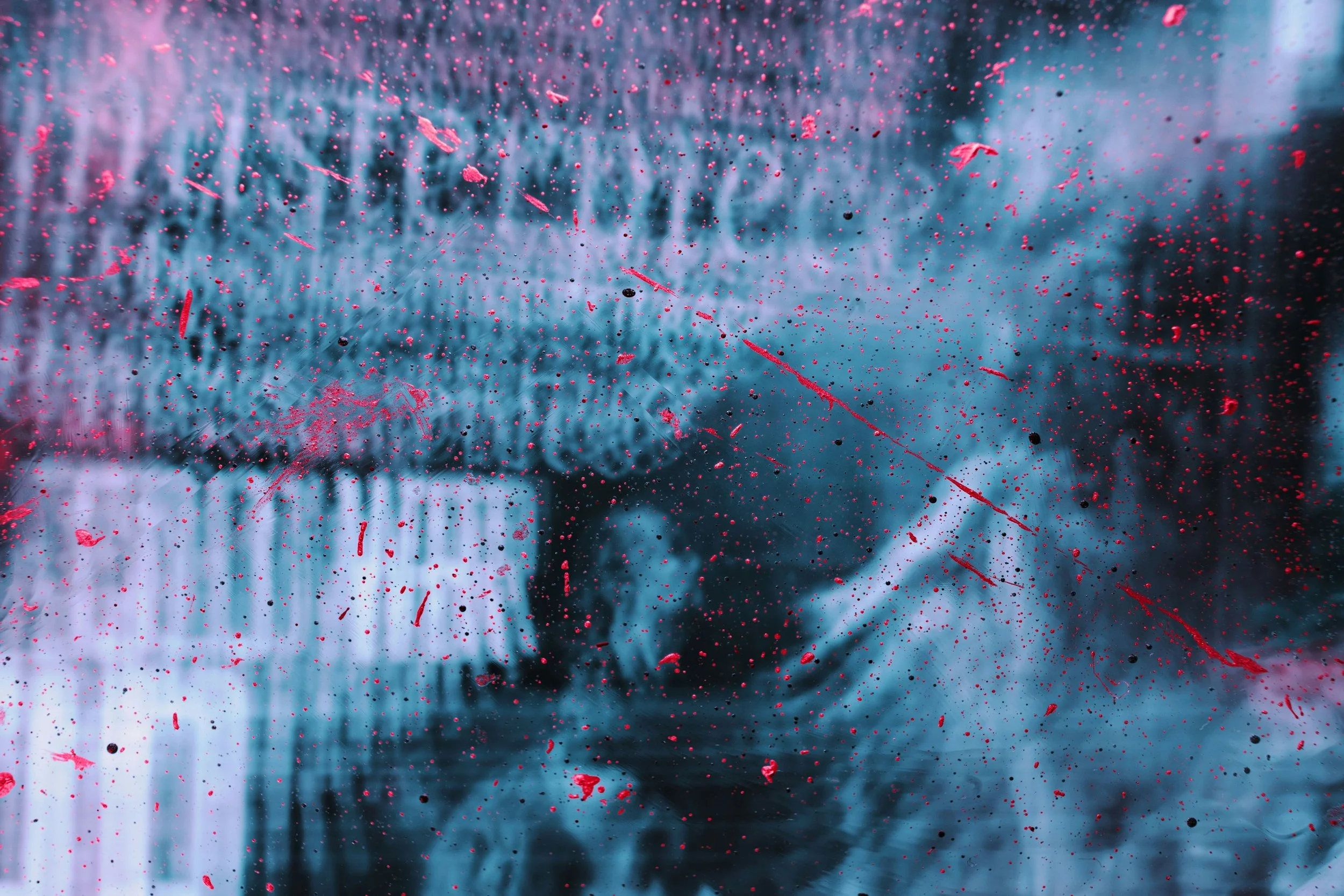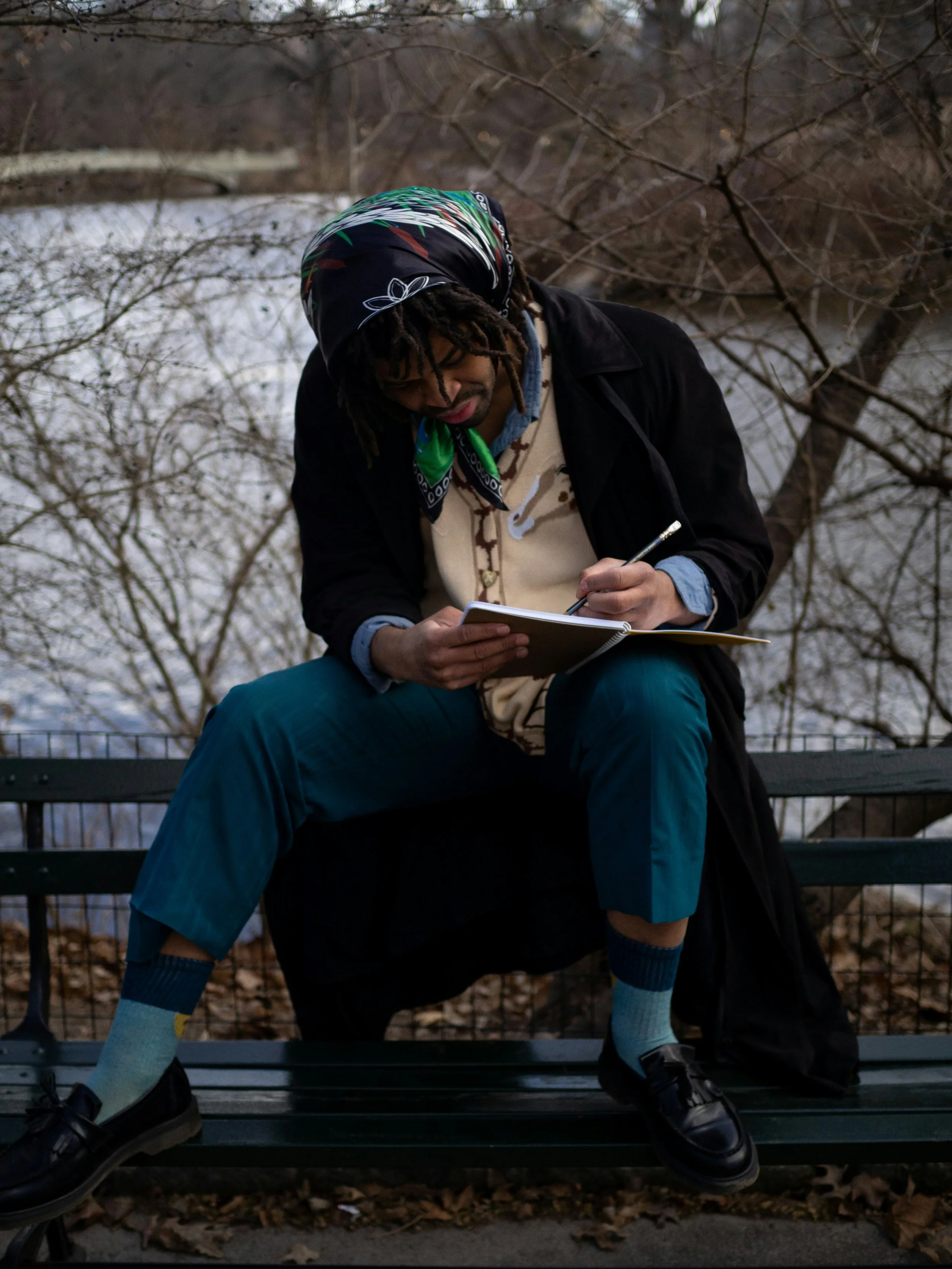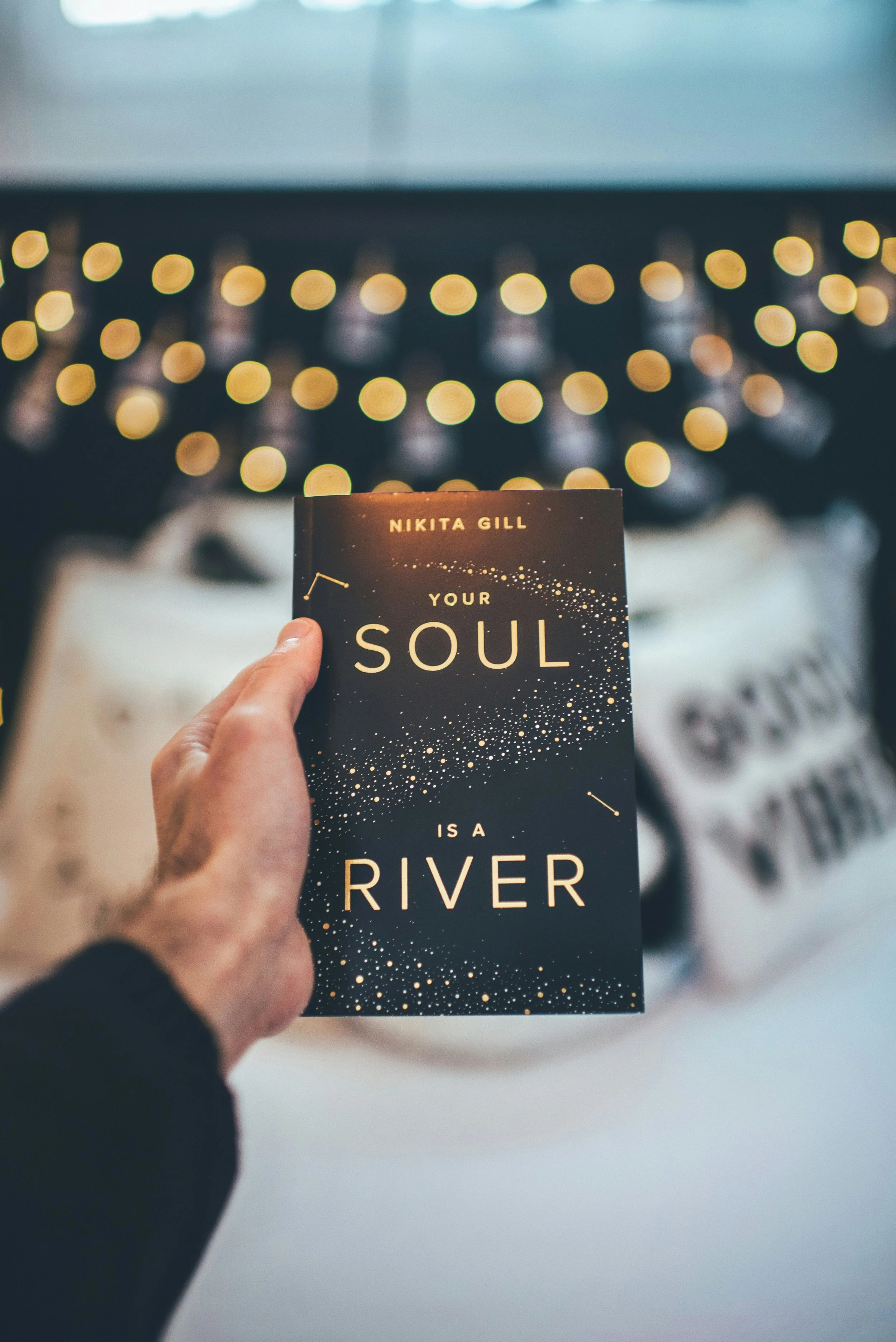Why AI Can’t Do Poetry
image: JR Korpa for Unsplash
When ChatGPT first surfaced and had relatively few users (my former husband, a software engineer, got me in the habit of trying out new applications, so I’ve stayed an early adopter), I had a little fun with it. Back then, of course, I had no idea how it would affect the literary world; it just seemed like another amusing toy I’d later discard.
During that honeymoon period, I asked the bot to write some poetry, just to see what would happen. The results were pretty predictable: perfect stanzas filled with clichés that didn’t exactly rock my world.
The rest of the bot’s writing is about on a par with its poetry, but the latter stands out because poetry appeals to more than just the brain: it’s an echo of lived experience, a reaction to the world’s constant change. So many poems illuminate the struggle we experience when life takes us in a different direction than the one we’d planned. Our hopes and desires are often thwarted and poetry gives word and life to the pain that ensues.
And ChatGPT cannot, almost by definition, do the same. A bot executes algorithms, and does so perfectly every time. There is no space there for the experience of failure, or the yearning for something transcendent. And that lack of experience is precisely the problem.
image: Charles Etoroma for Unsplash
In 1910, Rainer Maria Rilke published his only novel, a semi-autobiographical tale in which he writes,
For the sake of a few lines one must see many cities, men and things. One must know the animals, one must feel how the birds fly and know the gesture with which the small flowers open in the morning. One must be able to think back to roads in unknown regions, to unexpected meetings and to partings which one has long seen coming; to days of childhood that are still unexplained, to days in rooms withdrawn and quiet and to mornings by the sea, to the sea itself, to seas, to nights of travel that rushed along on high and flew with all the stars—and it is not yet enough if one may think of all of this. One must have memories of many nights of love, none of which was like the others, of the screams of women in labor, and of light, white, sleeping women in childbed, closing again. But one must also have been beside the dying, one must have sat beside the dead in the room with the open window and the fitful noises.
AI can’t do poetry because it cannot experience the feelings and encounters and events that are described in poetry.
In our own century, Maria Popova writes,
We create — poems and paintings, stories and songs — to find a language for the bewilderment of being alive, the failure of it, the fulness of it, and to have lived fully is to not have spared yourself.
We turn to poetry when we need to find other voices that reflect our experiences, our desires, our distress; it’s to find community in a world of others grappling with the same experiences, the same failures, the same aspirations. Reading poetry is in itself an experience, something felt viscerally and even physically, a connection that bots cannot access.
ChatGPT and its cousins have changed since those early days when I first playfully asked for a poem or two. AI has involved, has scanned the words of many millions of authors and poets. It’s a lot more sophisticated now, but is still unable to access not just the words, but what they represent to us who have felt the underlying passions and fears and dreams.
I am now very much afraid of where AI will go next, what it will evolve into. But I will be very surprised indeed if it can offer anything but a clichéd, flat, and dim representation of the words that can still allow our souls to soar.
image: Thought Catalog for Unsplash



